
In 1986, just one year after Live Aid shook the world, another global event took place—one that mobilised 20 million people in 89 countries, raised $35 million, and helped cancel $150 million in African debt. It was called Sport Aid. Yet today, it’s been all but erased from public memory.
The BBC’s recent documentary on the 40th anniversary of Live Aid honours the cultural power of that moment. But in its final episode, it attributes Bob Geldof’s honorary knighthood solely to Band Aid and Live Aid. That’s simply not accurate. Geldof’s KBE came after Sport Aid—not as a continuation of Live Aid, but as a radical evolution of it.
I am not only the founder of earthdive, I also founded and organised Sport Aid with a different ambition...
Read More









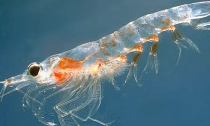
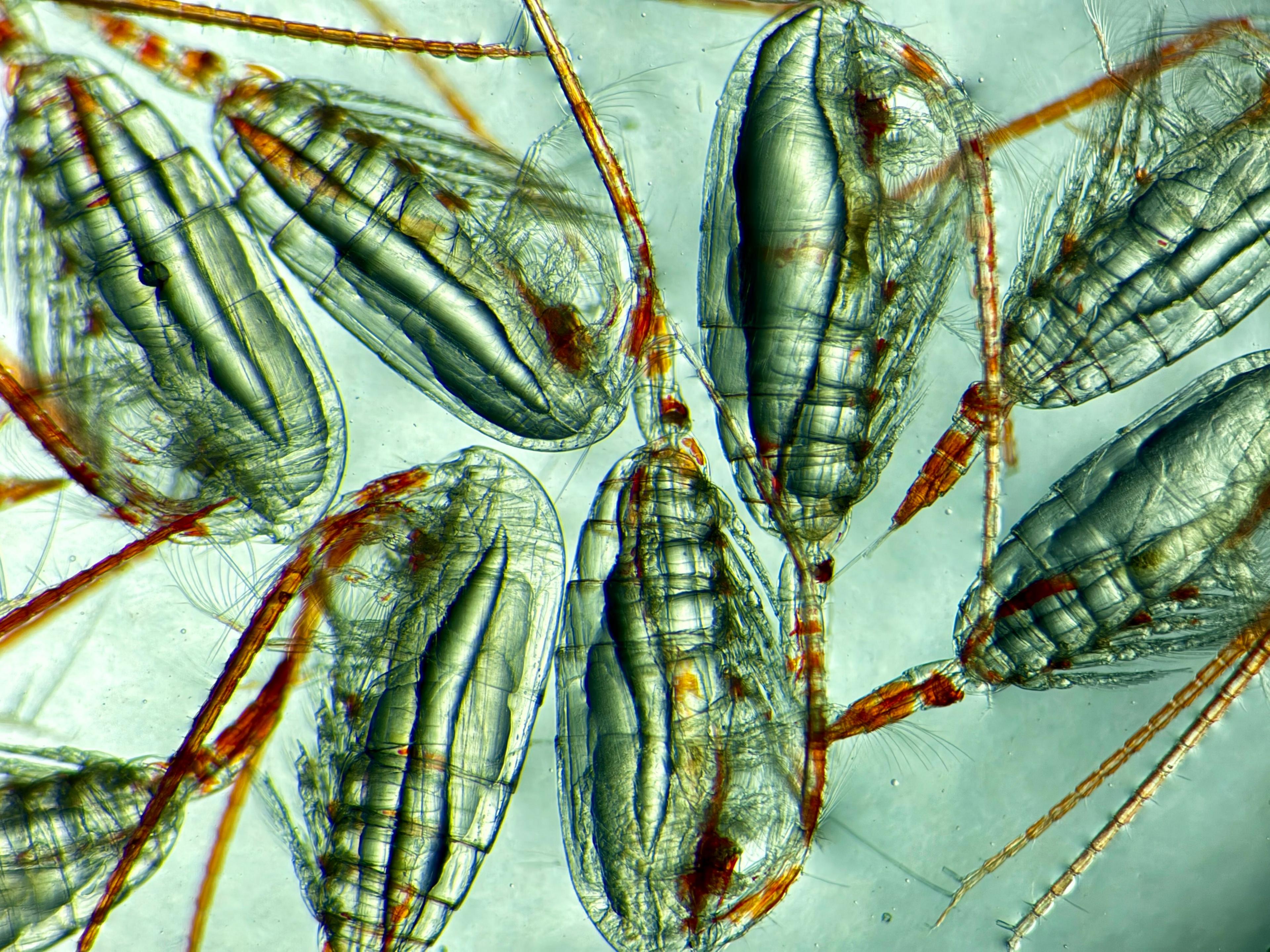
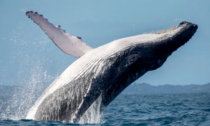



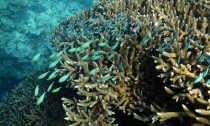

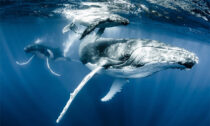


Social Profiles